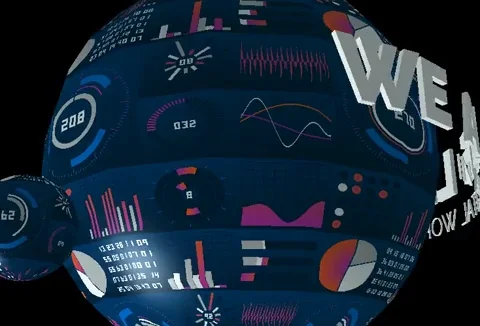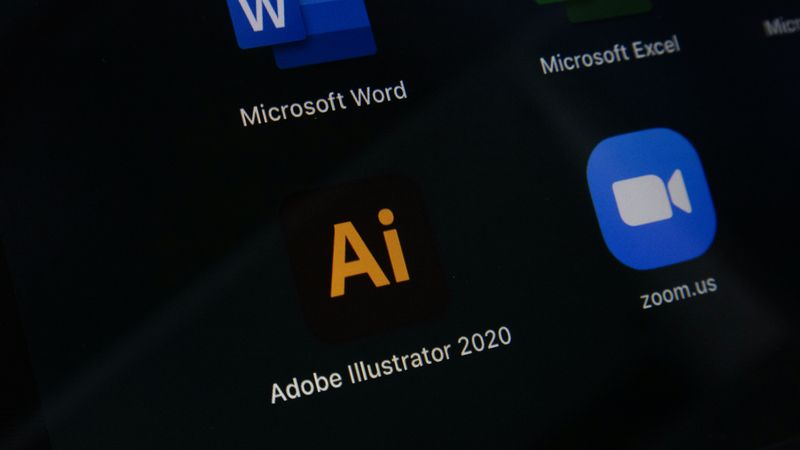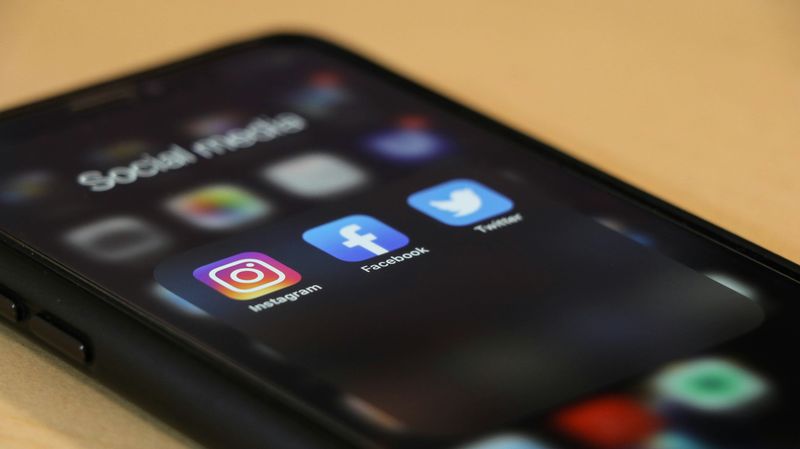
This logo isn't an ad or affiliate link. It's an organization that shares in our mission, and empowered the authors to share their insights in Byte form.
Rumie vets Bytes for compliance with our
Standards.
The organization is responsible for the completeness and reliability of the content.
Learn more
about how Rumie works with partners.

Are you looking to elevate your resume to align with the demands of our digital age?
Highlighting your digital literacy on your resume is the key to demonstrating your relevance and readiness for today's job market.
Digital literacy skills are highly attractive to employers and will help you stand out in a competitive job market.
What is digital literacy?
Digital literacy is "the ability to use information and communication technologies to find, evaluate, create, and communicate information, requiring both cognitive and technical skills.”
Someone who is digitally literate has "the knowledge, skills, and confidence to keep up with changes in technology." They can successfully navigate and communicate through different digital environments.
Watch the video below for some details on digital literacy skills:
In the workplace, being digitally literate means being capable of using digital tools or technologies to be more productive, communicate effectively, manage data securely, problem-solve, and collaborate.
Digital literacy skills can be:
Basic computer skills
Communication skills
Information and media literacy skills
Digital security and cybersecurity skills
Programming skills
Data analysis skills
Software application skills
Did you know?
Digital skills are crucial not only in tech-related roles but also in various industries such as healthcare, finance, marketing, and education.
Why demonstrate your digital literacy skills on your resume?
Relevant in our digital era as most jobs today require their employees to have a certain standard level of digital literacy.
Relevant to the job if the job description says that certain digital skills are required.
Gives you a competitive edge against other applicants.
Shows your adaptability to keep up to date with new technology.
Demonstrates productivity and efficiency: the ability to use digital tools to leverage technology to streamline processes.
Demonstrates your communication skills.
Discover some effective ways to showcase your digital literacy skills on your resume!
1. Work history section
In the work history section on your resume, describe your digital literacy skills in bullet points. Remember to:
Highlight when you gained, strengthened, or applied a skill in your past roles or experiences.
Quantify any achievements and use numbers.
Mention the number of years of proficiency in a specific software or tool.
Use action verbs to describe the impact of your efforts.
Tailor your resume according to the job description.
Emphasize how your digital literacy skills contributed success to the business or organization.
Quiz: Alex's resume
Alex is writing their bullet points for their past work experience as a marketing specialist. Which version is the most well-written?
A
Made multiple digital marketing campaigns using design programs to create graphics and promotional materials.
Sent email marketing campaigns through MailChimp, effectively reaching diverse audiences.
Analyzed campaign performance and consumer behavior with Google Analytics to create better strategies.
B
Developed and executed 15+ digital marketing campaigns utilizing content creation tools such as Canva and Adobe Creative Suite to design visually appealing graphics and promotional materials.
Managed 20+ email marketing campaigns through MailChimp, effectively reaching and engaging a diverse audience of consumers.
Analyzed campaign performance and consumer behavior using Google Analytics, resulting in a 25% increase in conversion rates and a 30% decrease in cost per acquisition.
Quiz
Which version is the most well written?
Resume B uses action verbs and numbers to show impact and demonstrate how they contributed to the company's success.
2. Skills section

To align with the role you're applying to, list out your tech skills in a dedicated skills section on your resume. Below are some examples that you can include:
Software applications 🖥
Microsoft Office Suite: Word, PowerPoint, Excel, Teams
Google Workspace: Google Docs, Google Sheets, Google Drive, Gmail
Adobe Creative Suite: Photoshop, Illustrator, InDesign, PremierePro
Data analysis tools 📊
Excel, Google Analytics, Tableau, Power BI
Digital marketing tools 📱
Social media management platforms: Hootsuite
Email marketing software: Mailchimp
SEO and analytics: Google Analytics, ScreamingFrog
Content creation: Canva, Final Cut Pro
Project management tools 📌
Project tracking: Jira, Clickup, Asana
Collaboration: Slack, Basecamp
E-commerce tools 🛒
Platforms: Shopify, Woocommerce
Programming languages and web development 💻
Languages: HTML, CSS, JavaScript, Python
Content Management Systems: WordPress, Wix, Shopify, SquareSpace
If relevant, include your level of proficiency with these technologies.
The lists above provide just a few suggestions as examples. This article shares essential technical skills for your resume. 👈
Being honest about your skills is very important, as stretching the truth could lead to negative consequences down the line. Remember to choose the skills most relevant to the role you're applying to.
3. Certification section
There are many online courses available to learn new digital skills and validate your proficiency for employers to see. Be sure to mention any relevant certifications you have received such as courses from:
This article shares free certifications to boost your digital skills. 👈
To showcase your certifications on your resume, create a dedicated "Certifications" section.
List each certification by including:
Name of certification
Name of the organization or institution
Date issued (month and year) — if you're still working on obtaining a certificate, you can state the expected date of completion
Expiry date if relevant
4. Include a digital portfolio
Do you have any projects that showcase your digital skills?
A digital portfolio can be a great way to showcase samples of your best work. In a digital format, employers can simply click on a link and be able to visually see examples of projects you have worked on in the past.
Digital portfolios can consist of:
Artwork
Photographs
Writing pieces
Web development projects
UI/UX design projects
Graphic design
Multimedia projects
Software development
Data analysis sets
Ensure you keep your digital portfolio up to date and relevant to the roles you are applying to.
5. Link your socials
In some cases, including links to your professional social media platforms on your resume can be a great way to showcase your digital literacy skills. You can also create separate social media accounts to use solely for business.
You can create a separate social media section on your resume, or include it in your contact information section.
Ensure your privacy settings on these social media accounts are set to public. Be mindful of when this is appropriate!
Which social media platforms are acceptable?
LinkedIn is always acceptable on a resume. It acts as an extension of your resume, and can provide your employer with more detail about your past experiences.
Instagram, YouTube, TikTok, and x (formerly Twitter) can be acceptable in some cases:
If you use your Instagram or TikTok to showcase your creative work or content management skills.
If you use a YouTube channel or TikTok to host videos that showcase your creative work and editing software skills.
If you use Twitter professionally to engage with tweets relevant to your field, share your expertise, and stay up to date with trends in the industry.
Snapchat and Facebook are not acceptable to link on your resume, as they are often solely for personal use and probably contains unprofessional content that is irrelevant to the role.
Quiz
You should put your social media links on their resume when (select all that apply):
Put your social media links on your resume when your accounts acts as a portfolio of your work relevant to the job, or show that you're an expert in the industry.
Take Action
It's important to showcase your digital literacy skills so employers can see that you are comfortable in a tech-driven workplace and can navigate the changing digital landscape.
Need more ideas on how to start?
This Byte has been authored by
Juliette Kohanyi
Learning Technology Advisor





